The following is a summary, read more at MGH Advances in Motion
Magnetic resonance (MR) parameter mapping (e.g., T1 and T2 mapping) is a valuable tool for tissue characterization in a variety of diseases. However, its clinical utility has been limited because of the long times required for image acquisition and reconstruction.
At Massachusetts General Hospital and elsewhere, there is interest in accelerating parameter mapping by using deep learning, a form of artificial intelligence. In the setting of MRI, deep learning is the process of having convolutional neural networks (CNNs) train themselves to analyze visual images.
In Magnetic Resonance Imaging, Georges El Fakhri, PhD, director of the Gordon Center for Medical Imaging in the Department of Radiology at Massachusetts General Hospital, and Fang Liu, PhD, a researcher in the center, and colleagues describe their newest effort, a method that rapidly creates realistic MRI parameter maps by incorporating adversarial training into a previously created deep learning framework.

Key Findings
- The clinical utility of magnetic resonance mapping has been limited because of the long times required for image acquisition and reconstruction
- Massachusetts General Hospital researchers previously created Model-Augmented Neural neTwork with Incoherence Sampling (MANTIS), a deep learning model that accelerates T2 parameter acquisition
- The team recently added a generative adversarial network (GAN) to MANTIS that accelerates image reconstruction
- In a feasibility study, MANTIS-GAN was more accurate than conventional reconstruction approaches and provided greater image texture and sharpness than either conventional methods or MANTIS

